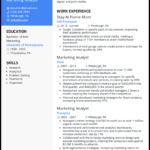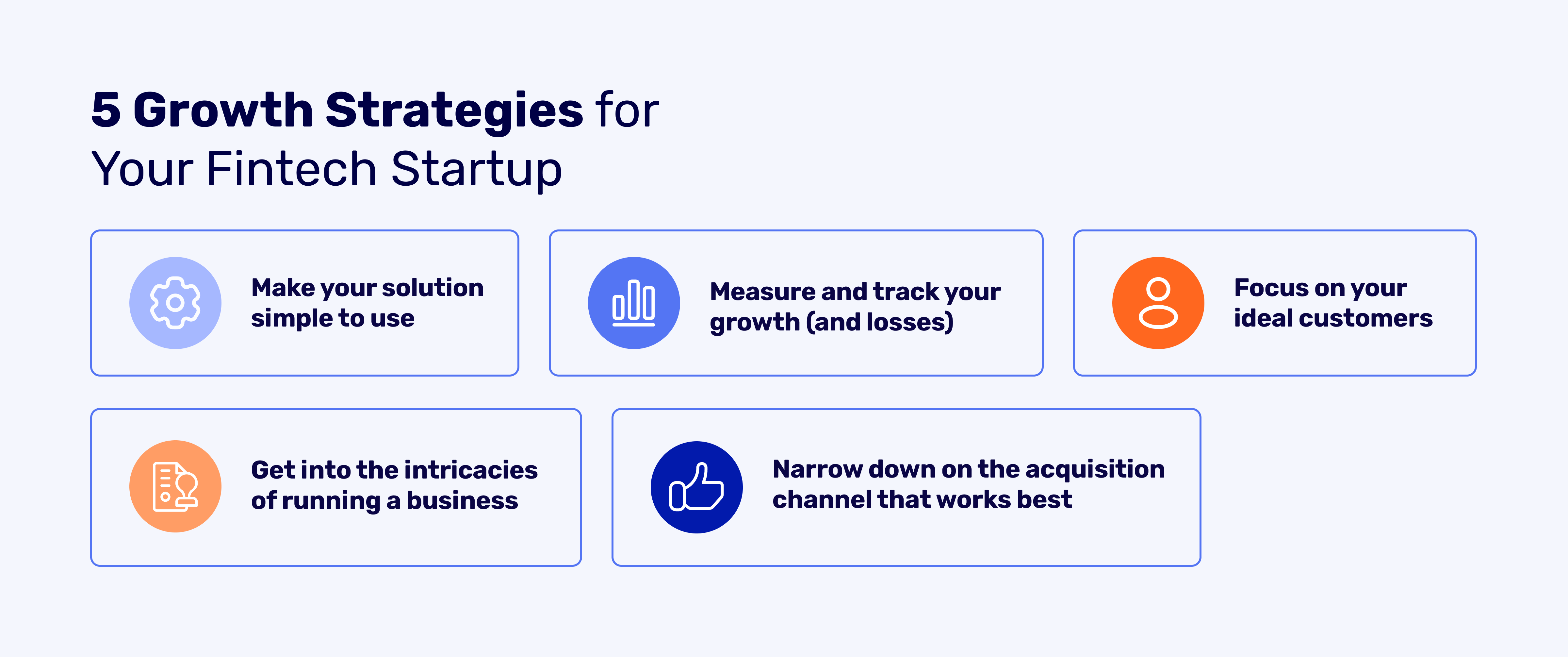To get into Fintech, start by understanding what Fintech is and exploring the various career paths within the industry. Acquire the necessary skills and knowledge through relevant studies and internships, and build a network with professionals in the field.
Stay updated with the latest trends and technologies in Fintech, and consider applying for positions at your preferred Fintech companies. Creating a stellar resume and choosing effective training courses and certifications can also increase your chances of success in the industry.
Understanding Fintech
In today’s rapidly evolving financial landscape, the term fintech has become increasingly popular. But what exactly is fintech? Fintech, short for financial technology, combines finance and technology to revolutionize financial services and improve the overall consumer experience. From mobile banking and peer-to-peer lending to digital currencies and robo-advisors, fintech encompasses a wide range of industries and innovations.
Exploring Fintech Industries
When it comes to fintech, there are numerous industries to explore. Let’s take a look at some of the key sectors that have emerged within the fintech landscape:
- Banking Technology: Fintech has transformed the way we manage our finances, with online banking, mobile banking apps, and digital payment solutions becoming increasingly popular.
- Payments and Remittances: Fintech has revolutionized the way we send and receive money, with the emergence of digital wallets, peer-to-peer payment platforms, and efficient cross-border remittance services.
- Investment and Wealth Management: Fintech has made investment and wealth management more accessible to individuals, with the rise of robo-advisors, automated trading platforms, and online investment platforms.
- Insurance Technology: Fintech has disrupted the insurance industry, with the introduction of insurtech solutions, such as online insurance portals, digital claims processing, and smart contracts.
Fintech Career Paths
If you’re interested in a career in fintech, there are several different paths you can pursue. Here are some of the most popular fintech career paths:
- Software Development: A strong background in computer science and programming is highly sought after in the fintech industry. Fintech companies are constantly developing new software solutions and platforms, making software developers invaluable assets.
- Data Science: With the vast amounts of data being generated in the financial sector, data scientists play a crucial role in extracting actionable insights and developing predictive models to improve decision-making processes.
- Blockchain Technology: The rise of blockchain technology has opened up exciting opportunities in the fintech industry. From developing decentralized applications to implementing secure digital identities, blockchain experts are in high demand.
- Cybersecurity: As the fintech industry continues to grow, so does the need for cybersecurity professionals. Protecting sensitive financial data and ensuring the security of online transactions are top priorities for fintech companies.
- Financial Analysis: Fintech companies rely on financial analysts to interpret and analyze complex financial data, identify trends, and provide valuable insights for decision-making.
By understanding the different fintech industries and exploring the various career paths available, you can position yourself for success in this rapidly evolving sector. Whether you have a background in finance, technology, or a combination of both, there are abundant opportunities waiting to be explored in the fintech world.

Credit: www.facebook.com
Building Fintech Skills
In the competitive world of fintech, having the right skills can set you apart from the crowd. When it comes to building your fintech expertise, there are two key areas to focus on: Technical Skills and Soft Skills.
Technical Skills
- Software Programming
- Blockchain & Cryptocurrency
- Data Specialists
- Cybersecurity Experts
- Financial Knowledge
Soft Skills
- Communication Skills
- Creativity & Problem Solving
- Adaptability & Flexibility
- Emotional Intelligence
When it comes to getting into the fintech industry, having a finance, computer science, or engineering background is advantageous. To succeed in this field, one must possess foundational skills and knowledge in finance and technology that employers seek. Building a strong skill set in both technical and soft skills can enhance your chances of landing a job in fintech.
Getting Started In Fintech
Interested in a career in Fintech? Start by understanding the industry, acquiring relevant skills, and building a strong network. Attend Fintech conferences, create a digital presence, and apply for internships to gain experience. Research top Fintech employers and explore different career paths within the sector.
Building Relevant Skills
Start by acquiring essential skills in software programming, blockchain, data analysis, and cybersecurity.
Applying For Internships
Apply for fintech internships and co-op positions to gain practical experience in the industry.
Networking With Professionals
Connect with fintech experts through industry events, conferences, and online platforms like LinkedIn.
Transitioning To Fintech
If you’re looking to transition into fintech, start by understanding what fintech is and acquiring the necessary skills and knowledge. Research top fintech employers, network, and create a digital presence to enhance your prospects. Additionally, consider completing relevant courses and obtaining internships to build practical experience and connections in the industry.
From Related Fields
If you are looking to make a transition into the fintech industry, starting from a related field can be a strategic move. Fields such as banking, accounting, or financial planning can provide a solid foundation and understanding of the financial sector. From there, you can leverage your existing knowledge and skills to pivot into a fintech career.
Gaining experience in a related field not only gives you a competitive advantage but also helps you develop a deep understanding of the financial industry at large. This knowledge will be invaluable as you navigate the intricacies of fintech and bridge the gap between finance and technology.
Gaining Financial Technology Knowledge
While transitioning to fintech from a related field is a great starting point, it’s essential to gain specific financial technology knowledge to thrive in this industry. Along with your existing financial expertise, you need to equip yourself with technical skills and domain-specific knowledge.
One way to gain financial technology knowledge is by enrolling in specialized fintech courses. These courses provide in-depth insights into the latest trends, technologies, and innovations in the fintech landscape. They cover topics such as blockchain, cryptocurrency, data analytics, cybersecurity, and more, giving you a well-rounded understanding of the fintech ecosystem.
In addition to formal education, it’s crucial to stay updated with industry news, blogs, and publications, as fintech is a rapidly evolving field. This will help you stay ahead of the curve and grasp emerging technologies and trends in fintech.
Moreover, creating a network of fintech professionals can be immensely beneficial. Networking events, conferences, and online communities provide opportunities to connect with industry experts, expand your knowledge, and gain valuable insights. Building relationships with people already working in the fintech industry can open doors to new opportunities, mentorship, and collaboration.
Lastly, establishing a digital presence is essential in today’s digital age. Creating a professional LinkedIn profile, maintaining an active social media presence, and contributing to relevant online communities will showcase your expertise and passion for fintech. It also allows you to engage with like-minded individuals and establish yourself as a thought leader in the fintech space.
Summary
Transitioning into fintech from a related field is an excellent path to enter this growing industry. Building on your existing financial knowledge and skills, gaining fintech-specific knowledge, and creating a strong network and digital presence will position you as a capable and competitive candidate. Stay committed to lifelong learning and adapt to the ever-changing fintech landscape, and you will increase your chances of success in this exciting field.
Strategies For Success In Fintech
To succeed in Fintech, start by understanding the industry, obtaining relevant skills, and networking with professionals. Acquire knowledge in areas like software programming, blockchain, and financial expertise for a lucrative career path in this innovative field. Position yourself by building a strong foundation in both finance and technology to stand out to potential employers.
Acquiring Necessary Skills
In order to excel in the fintech industry, it’s imperative to acquire strong technical and financial skills. Obtaining proficiency in software programming, blockchain technology, data analysis, and cybersecurity are crucial. Additionally, nurturing communication, creativity, problem-solving, and emotional intelligence capabilities creates a well-rounded skill set. Pursuing a degree in finance, computer science, or engineering will also provide a solid foundation for a successful fintech career.
Networking With Industry Professionals
Building a network with fintech professionals is essential for gaining insights and opportunities in the industry. Engage in fintech conferences, seminars, and events to connect with industry leaders and peers. Moreover, creating a digital presence through platforms such as LinkedIn can facilitate valuable connections that may lead to potential career prospects.
Staying Updated With Trends
Staying abreast of emerging trends and technological advancements within the fintech sector is paramount for continued success. Constant learning and adaptation to the evolving landscape of fintech will ensure that you remain competitive and capable of meeting the industry’s changing demands.

Credit: www.linkedin.com
Preparation For Fintech Careers
When pursuing a career in the fintech industry, preparation plays a crucial role in securing a rewarding role in this rapidly evolving field. Proper preparation for fintech careers involves understanding the industry, honing relevant skills, and creating impactful resumes to stand out in the competitive job market. Below are essential strategies for effective preparation to launch a successful career in fintech.
Researching Fintech Companies
Before embarking on a career in fintech, it is imperative to conduct thorough research on various fintech companies. Identify the key players in the industry, understand their core values, and familiarize yourself with their innovative solutions. By gaining insights into different fintech firms, you can align your skills and career aspirations with their missions and contributions to the industry’s growth.
Creating Impactful Resumes
Crafting a compelling resume is essential for aspiring fintech professionals to capture the attention of potential employers. Highlight your relevant skills, educational background, and any industry-specific certifications or training. Emphasize your problem-solving abilities, technical competencies, and adaptability to technology advancements. Utilize quantifiable achievements to demonstrate your impact in previous roles and showcase your potential to drive innovation within a fintech organization.
Pursuing Opportunities In Fintech
Looking to enter the fast-growing field of FinTech? Start by acquiring the necessary skills and knowledge through relevant studies and internships. Connect with industry professionals and build a strong network to increase your chances of landing a job in this exciting industry.
Networking Strategies
Networking is a crucial aspect of pursuing opportunities in the fintech industry. Building a strong professional network can open doors to various job prospects and collaborations. Here are some effective networking strategies to help you get started:
- Attend fintech conferences and events: These gatherings provide excellent opportunities to connect with industry professionals, gain insights, and expand your network. Be proactive in engaging with others and exchanging contact information.
- Create a digital presence: Establish a strong online presence through social media platforms, industry forums, and online communities. Share relevant content, participate in discussions, and connect with professionals in the field.
- Create a LinkedIn profile: LinkedIn is a powerful networking platform for professionals in the fintech industry. Customize your profile to highlight your skills, experience, and interests. Connect with industry professionals, join relevant groups, and engage in meaningful conversations.
Effective Training Courses And Certifications
Continual learning and upgrading of skills are essential for success in the fintech industry. Taking advantage of effective training courses and certifications can significantly enhance your knowledge and make you a competitive candidate. Consider the following:
- Enroll in fintech-specific courses: Seek out courses that focus on fintech topics such as blockchain technology, data analytics, cybersecurity, and artificial intelligence. These courses will equip you with the necessary technical skills and industry knowledge.
- Obtain relevant certifications: Certain certifications, such as Certified Fintech Professional (CFTP) or Certified Blockchain Expert (CBE), can boost your credibility and demonstrate your expertise in specific areas of fintech.
- Take advantage of online learning platforms: Platforms like Coursera, Udemy, and edX offer a wide range of fintech-related courses and certifications that can be completed at your own pace.
By implementing these networking strategies and investing in effective training courses and certifications, you can significantly increase your chances of getting into the rapidly evolving fintech industry. Stay proactive, stay curious, and continue to grow both professionally and personally.
Exploring Fintech Job Roles
Looking to venture into the world of Fintech? Explore various job roles in the sector, including software programming, blockchain, data specialists, and cybersecurity. Gain relevant skills through internships, network with industry professionals, and consider transitioning from related fields to boost your chances of success in this exciting industry.
Exploring Fintech Job Roles Junior Accountant Roles In fintech, junior accountant roles involve managing financial records, analyzing reports, and assisting senior accountants in day-to-day tasks. Entry-level accountants play a crucial role in ensuring the accuracy and compliance of financial data. Transitioning to Auditors Transitioning from junior accountant roles to auditors is a common career progression in fintech. Auditors play a vital role in evaluating financial statements, assessing internal controls, and ensuring regulatory compliance within fintech companies. This transition often requires additional training and certifications. “`htmlJunior Accountant Roles
Transitioning To Auditors
“` In the fast-paced world of fintech, job roles are dynamic and offer opportunities for career growth and development. Junior accountant roles provide a foundation in financial management, while transitioning to auditors opens up avenues for advanced financial analysis and compliance monitoring. Embracing these job roles can lead to a successful career in the ever-evolving fintech industry.
Credit: www.youtube.com
Frequently Asked Questions Of How To Get Into Fintech
What Degree Do You Need To Get Into Fintech?
You can enter fintech with a degree in finance, computer science, or engineering, as companies prefer these backgrounds. Gain foundational skills and knowledge in finance and technology to meet employer requirements. Engage in internships, connect with professionals, and start building your expertise now for better prospects.
How Do I Start A Fintech Job?
To start a fintech job, follow these steps: 1. Build relevant skills through studying and gaining experience. 2. Apply for internships or co-op positions. 3. Connect with professionals in the fintech industry. 4. Stay updated with the latest fintech trends. 5.
Choose effective training courses and certifications to enhance your skills. Remember, starting early and having a strong foundation in finance and technology will increase your chances of success in the fintech industry.
How Do I Get Into Tech Finance?
To get into tech finance, build relevant skills through courses, internships, and networking with professionals in the field. Transition from related sectors like banking or finance for a smoother entry into the fintech industry.
How Can I Be A Fintech?
To be a fintech, focus on computer science, programming, and financial market knowledge. Acquire necessary skills and network with industry professionals for success.
Conclusion
To embark on a successful career in fintech, it is crucial to have the right skills and knowledge. While a degree in finance, computer science, or engineering is preferred by many fintech companies, it is essential to focus on building the foundational skills employers are seeking.
Additionally, internships, networking, and creating a digital presence can greatly enhance your chances of breaking into the industry. Stay updated with the latest trends, connect with professionals, and choose effective training courses to further boost your career prospects in fintech.












Leave a Reply